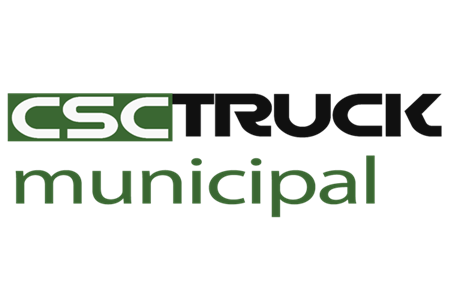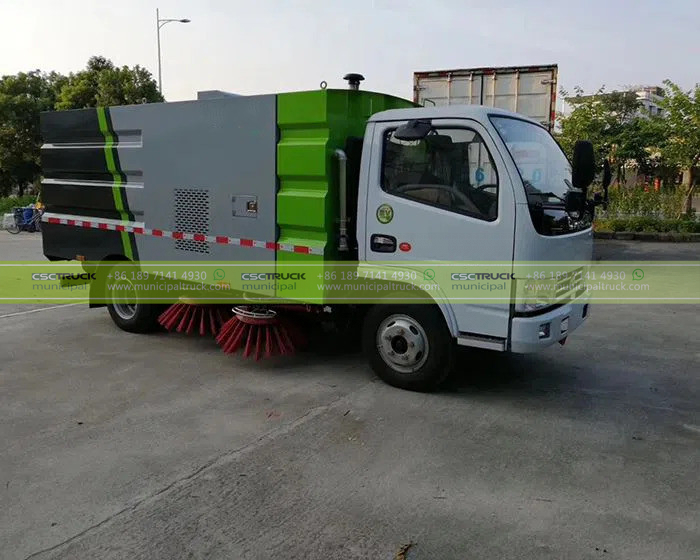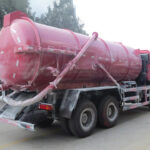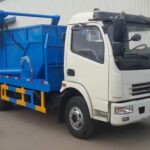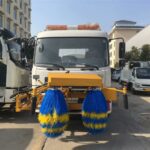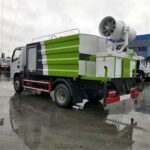Riyadh Municipality has deployed a transformative fleet of 45 intelligent road sweeper trucks, delivered via a strategic partnership between global municipal vehicle leader CSCTRUCK Municipaltruck.com and AlSahra Environmental Technologies, Saudi Arabia’s premier waste management and infrastructure services provider. This SR 310 million investment directly supports the “Clean Riyadh 2030” initiative under the Kingdom’s national Vision 2030 framework, tackling persistent challenges of desert sand accumulation, construction dust, and traffic corridor debris across the rapidly expanding metropolis. These purpose-engineered sweeper trucks form the operational backbone of the city’s enhanced cleanliness strategy, designed to achieve 99% route coverage compliance while reducing airborne particulate matter (PM10) by 53% in high-traffic zones including King Fahd Road, Diriyah Gate development corridors, and Al Nakheel district.
Part 1: Desert-Adapted Engineering for Extreme Urban Environments
Operating within Riyadh’s demanding climate—characterized by 50°C summer temperatures, abrasive sandstorms, and complex multi-lane highways—demands sweeper technology combining autonomous functionality, extreme durability, and precision dust suppression, leading CSCTRUCK to embed proprietary innovations in every sweeper truck:
Multi-Stage Filtration & Hydraulic Dust Control
Twin cyclonic separators with HEPA-14 final filters capture 99.97% of PM2.5 particles during operations in construction-heavy zones like King Abdullah Financial District; synchronized water misting rings with humidity-adjusted flow rates suppress fugitive dust emissions by 78% while maintaining 40% lower water consumption than conventional systems through laser-guided surface moisture monitoring.
Autonomous Navigation & Obstacle Avoidance
LiDAR-guided pathfinding modules enable overnight sweeping operations without driver intervention on designated routes such as Northern Ring Road, utilizing real-time municipal traffic data to avoid disruptions; artificial intelligence classifiers distinguish hazardous debris (metal fragments, construction waste) from harmless organic matter, triggering selective recovery protocols that enhance operational efficiency by 32%.
Thermal-Resilient Powertrains & Sand Mitigation
Ceramic-coated engine components withstand sustained high-load operations, while hermetically sealed bearings prevent sand ingress in conveyor systems critical for operations during shamal wind events; regenerative hydraulic circuits convert braking energy into auxiliary power for onboard systems, reducing fuel consumption by 28% during intensive curb-line cleaning in dense urban cores.
Part 2: Vision 2030 Integration Framework Deployment
The sweeper truck network integrates seamlessly with Riyadh Municipality’s digital governance ecosystem, deploying three transformative operational methodologies aligned with national sustainability objectives:
- Predictive Cleaning & Spatial Intelligence: Fleet AI processors analyze historical soiling patterns, real-time weather satellite data, and construction permit databases to dynamically prioritize cleaning intensity across 1,850 km of priority roads; integrated sensors quantify surface debris loads every 200 meters, enabling just-in-time resource allocation that reduces unnecessary vehicle mileage by 41%.
- Water Stewardship & Emission Neutrality: Closed-loop water recycling systems treat 92% of captured slurry for immediate reuse during operations, critical in a region facing aquifer depletion; biodiesel-compatible Euro VII engines coupled with solar-assisted battery systems enable eight-hour shifts with near-zero emissions, directly contributing to Riyadh’s goal of carbon-neutral municipal operations by 2030.
- Public Health Integration & Data Transparency: Air quality monitors mounted on each sweeper truck generate hyperlocal particulate concentration maps integrated with the national health surveillance system; blockchain-enabled service verification allows citizens to validate street cleaning compliance via the “Baladi” civic application, increasing accountability metrics by 67% in pilot districts.
Part 3: Strategic Alliance Catalyzing Integrated Urban Services
The operationalization of Riyadh’s intelligent cleaning infrastructure exemplifies the synergistic partnership between CSCTRUCK Municipaltruck.com and AlSahra Environmental Technologies. CSCTRUCK delivered not only climate-hardened sweeper trucks but also predictive maintenance software analyzing 14,000 component health parameters, augmented reality troubleshooting tools, and a Riyadh-based technical support center guaranteeing critical spare parts delivery within 90 minutes. AlSahra leveraged its regional expertise to develop specialized operator training simulators in Arabic, integrate fleet telemetry with the Saudi Smart City Platform, and optimize sweeping schedules around Ramadan prayer timings. This holistic approach creates a self-reinforcing urban hygiene ecosystem where the autonomous sweeper trucks continuously interact with AlSahra’s network of water sprinkler trucks maintaining humidity levels in green corridors along Wadi Hanifa, and supplementary mechanical sweepers managing specialized zones around the Diriyah UNESCO Heritage Site. This integrated fleet architecture increases daily debris removal capacity to 1,900 metric tons while enabling 24/7 cleanliness compliance monitoring across 84% of municipal roads, directly advancing Vision 2030’s livability objectives through engineered systems that transform environmental management from reactive service into predictive civic infrastructure.
